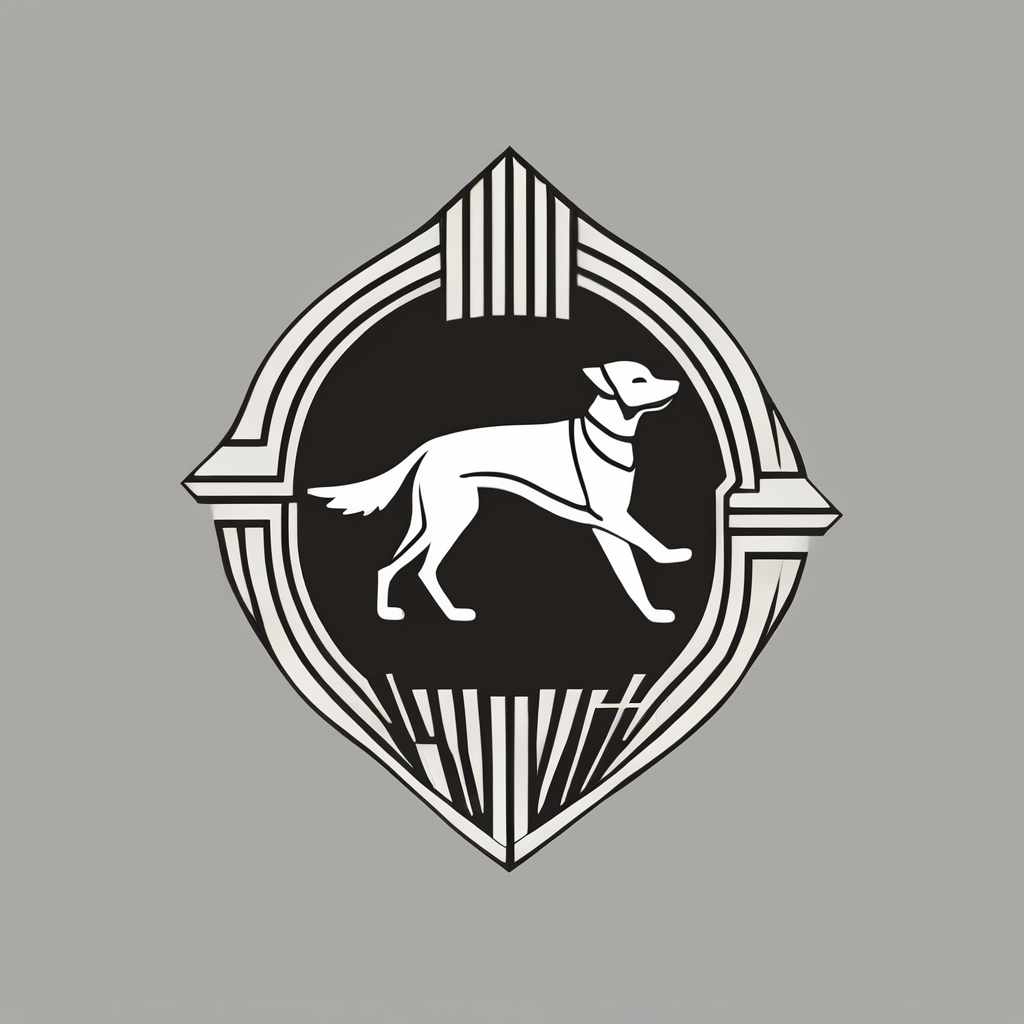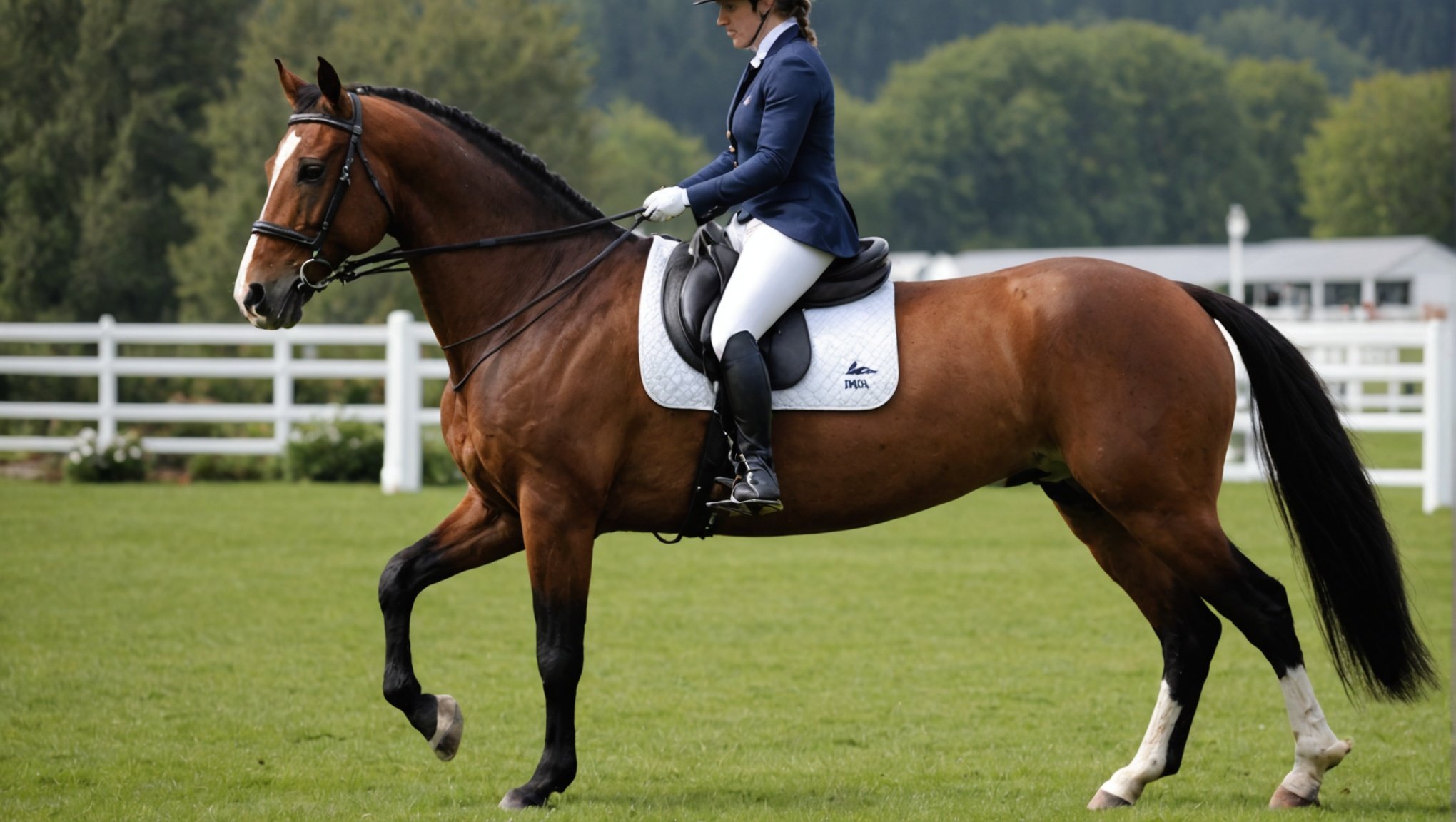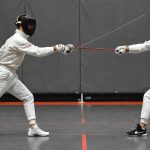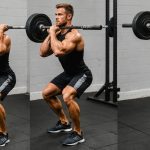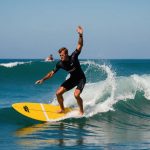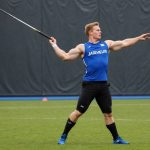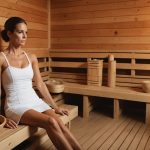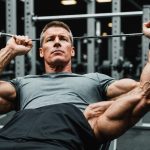Unlocking Peak Performance: Building a Deeper Connection Between Equestrian Athletes and Their Horses
Understanding the Foundation of Peak Performance
When it comes to achieving peak performance in equestrian sports, the relationship between the rider and their horse is paramount. This bond is built on trust, confidence, and a deep understanding of each other’s needs and capabilities. Here, we delve into the various aspects that contribute to this synergy and how equestrian athletes can optimize their performance.
The Importance of Trust and Confidence
Trust and confidence are the cornerstones of any successful equestrian partnership. A horse that trusts its rider will be more willing to perform at its best, and a rider who is confident in their horse’s abilities will be able to push the boundaries of what is possible.
Additional reading : Essential Strategies for Professional Surfers to Shield Their Skin from Sun Damage in Competitions
“Trust is something that is built over time through consistent and positive interactions,” says Dr. Jane Smith, an equine behaviorist. “When a horse feels safe and understood, it is more likely to respond positively to commands and perform under pressure.”
To build trust, riders should focus on clear and consistent communication, gentle handling, and positive reinforcement. This can be achieved through regular training sessions, gentle grooming, and rewarding good behavior.
Have you seen this : Mastering Fencing Footwork: Unlocking the Secrets to Enhanced Agility and Speed
Comprehensive Equine Performance Services
To help horses reach their full potential, a range of specialized services are available. Here are some key areas to consider:
Rehabilitation Programs
For horses recovering from injuries or surgeries, rehabilitation programs are essential. These programs, often designed in collaboration with therapists and trainers, aim to rebuild strength, improve flexibility, and enhance overall conditioning.
“At Pony Express Vet, we understand the unique demands that equine athletes face,” explains Dr. John Doe, a veterinarian specializing in equine performance. “Our rehabilitation programs are tailored to meet the specific needs of each horse, ensuring a safe and effective recovery process.”
- Physical Therapy: Includes exercises and manual therapies to improve mobility and strength.
- Gradual Training: A structured return to riding and training to avoid re-injury.
- Nutritional Support: Customized dietary plans to aid in the healing process.
Nutritional Guidance
Proper nutrition is the foundation of a horse’s health and performance. Customized dietary plans ensure that the horse receives the necessary nutrients for optimal performance.
“A well-balanced diet is crucial for maintaining energy levels, supporting muscle health, and ensuring overall well-being,” notes a nutritionist from Pony Express Vet. “We work closely with owners to create personalized dietary plans that meet the unique needs of their horses.”
| Nutrient | Importance |
|---|---|
| Protein | Essential for muscle repair and growth |
| Carbohydrates | Provide energy for performance |
| Fats | Important for energy storage and skin health |
| Vitamins | Support various bodily functions, including immune function and bone health |
| Minerals | Crucial for bone health, muscle function, and overall metabolic processes |
Performance Evaluation
A thorough performance evaluation is vital for assessing a horse’s physical condition, gait, and overall fitness. This assessment serves as a baseline for monitoring progress and identifying areas for improvement.
“Our veterinarians and specialists conduct detailed evaluations to understand the horse’s current state and potential,” explains Dr. Doe. “This helps in creating targeted training and care plans.”
Advanced Sports Medicine and Lameness Assessment
Sports Medicine
Advanced sports medicine services, including regenerative therapies and joint treatments, play a critical role in maintaining the health and performance of equine athletes.
“Regenerative therapies such as stem cell treatments and platelet-rich plasma (PRP) injections can significantly aid in the healing of injuries and improve joint health,” says a sports medicine specialist.
Lameness Assessment
Identifying and addressing lameness issues is crucial for maintaining a horse’s performance. Advanced diagnostics and technology help pinpoint the source of lameness and develop personalized treatment plans.
“Lameness can be a significant setback for any equestrian athlete,” notes Dr. Smith. “Early detection and appropriate treatment are key to preventing long-term damage and ensuring the horse can return to peak performance.”
Performance Training and Mental Performance
Performance Training
Experienced trainers work with riders and their horses to fine-tune skills, address specific issues, and enhance performance in various disciplines.
“Training is not just about physical conditioning; it’s also about mental preparation,” says Mary, a professional equestrian trainer. “We focus on building a strong mental connection between the horse and rider to achieve peak performance.”
Mental Performance
Mental performance is often overlooked but is a critical component of equestrian sports. Both the horse and the rider need to be mentally prepared to perform at their best.
“In our ‘Mind Over Matter’ episode, we discuss how mental preparation can significantly impact performance,” explains Mary. “Techniques such as visualization, positive self-talk, and stress management can help riders stay focused and confident under pressure.”
Building Trust and Confidence Through Horsemanship
Horsemanship Journal
Keeping a horsemanship journal can be a valuable tool for tracking progress, identifying patterns, and building a deeper connection with your horse.
“Writing down your experiences, successes, and challenges helps you reflect on your journey and make informed decisions about your training,” advises Dr. Smith. “It also fosters a sense of accountability and commitment to your horse’s well-being.”
Endurance Coaching
For those involved in endurance riding, coaching is essential to ensure both the horse and rider are prepared for the demands of long-distance riding.
“Endurance coaching involves a holistic approach, focusing on physical conditioning, mental preparation, and nutritional support,” explains an endurance coach. “It’s about building a partnership that can endure the rigors of long-distance riding.”
Practical Insights and Actionable Advice
Creating a Training Plan
- Set Clear Goals: Define what you want to achieve with your horse, whether it’s competing at a higher level or simply enjoying leisure rides.
- Assess Current State: Conduct a thorough performance evaluation to understand your horse’s strengths and weaknesses.
- Gradual Progression: Develop a training plan that gradually increases in intensity and complexity.
- Regular Feedback: Work with trainers and veterinarians to get regular feedback and adjust your plan accordingly.
Nutritional Tips
- Consult a Nutritionist: Ensure your horse’s diet is tailored to its specific needs.
- Monitor Intake: Keep track of what your horse is eating and adjust as necessary.
- Avoid Overfeeding: Prevent obesity by ensuring your horse is not overfed.
- Provide Fresh Water: Always ensure access to fresh, clean water.
Mental Preparation Techniques
- Visualization: Visualize successful rides and competitions to build confidence.
- Positive Self-Talk: Use positive affirmations to stay focused and calm under pressure.
- Stress Management: Practice stress-reducing techniques such as deep breathing and meditation.
Unlocking peak performance in equestrian sports is a journey that requires dedication, patience, and a deep connection between the horse and rider. By focusing on comprehensive performance services, building trust and confidence, and employing advanced training and mental preparation techniques, equestrian athletes can help their horses reach their full potential.
As Mary from the ‘Mind Over Matter’ episode aptly puts it, “The bond between a horse and rider is what makes equestrian sports so unique and rewarding. By working together, understanding each other’s needs, and pushing ourselves to new heights, we can achieve truly remarkable things.”
Whether you are a seasoned equestrian or just starting your journey, remember that every step you take towards building a stronger connection with your horse brings you closer to peak performance. So, saddle up, and let the journey begin.
